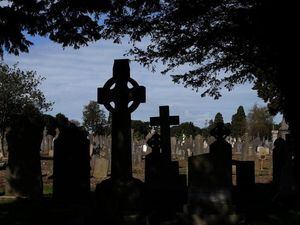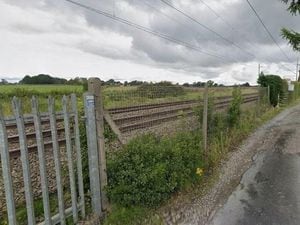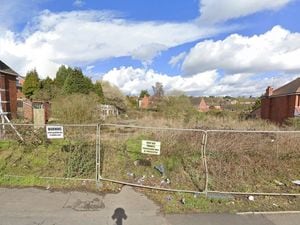Alleged paedophile's remains to be moved from family grave after landmark ruling
A judge has ruled that the remains of an alleged paedophile must be removed from a family grave he shares with his wife and her parents because other family members don’t want to be buried alongside him.

The ruling – believed to be unique – has been made by a judge of the Church of England’s Consistory Court which has to approve any applications for exhumation from consecrated ground.
Applications to the court for exhumation are invariably refused on the basis of the church philosophy that a last resting place must be just that unless there are exceptional circumstances for allowing exhumation. In this case though the judge held that the circumstances were truly exceptional.
For legal reasons no names of the people involved can be revealed and the church yard where the grave is has not been identified. All that is known is that it is in the Diocese of Lichfield in Staffordshire.
After he died the man’s ashes were buried in the grave where his wife was buried with her parents. He had been married to his wife for some 40 years when she died in 2008, but both had been married previously.
The complaint that he was a paedophile came from a step granddaughter – the daughter of his wife’s daughter from the earlier marriage.
She claimed that from the age of five to 13 he had sexually abused her and she had told him she intended to report her allegations. No criminal proceedings ever took place though.
However, the dead wife’s sister, who with her husband, plans to be buried in the same grave when their time comes heard of the abuse allegations and had a solicitor’s letter sent to the man in 2014 telling him he no longer had permission to be buried in the grave.
They also met the local vicar, explained the situation to him and were assured that the man’s remains would never be buried in the church yard.
By the time the man died in 2016 the church had a new vicar but the situation was explained to him and he too agreed that the man should not be buried there.
However, Stephen Eyre QC. Chancellor of the Diocese of Lichfield. In his role as a judge of the Consistory Court said that the new vicar then apparently forgot the conversation and went on to arrange for the man’s remains to be buried in the grave after all.
Now though Judge Eyre has granted an application by the wife’s sister for the ashes to be exhumed and moved to the grave of the man’s parents in another church yard.
In a ruling Judge Eyre said : “The grave has become a focus of distress and grievance.”
He said if the position has been set out before the ashes were buried in the grave permission would never have been given for the burial to go ahead.
Despite the church’s normal reluctance to sanction exhumation though, he said that in this case he considered what had taken place amounted to “exceptional circumstances” which justified him giving the go-ahead for exhumation.
He said he was not in a position to judge the validity of the abuse allegations, but added that he had no reason to doubt that the step granddaughter genuinely believed her account of “prolonged and repeated sexual abuse” which she said had had a lasting and harmful effect on her.
He said her account was put forward in good faith and accepted by her parents as being truthful.





